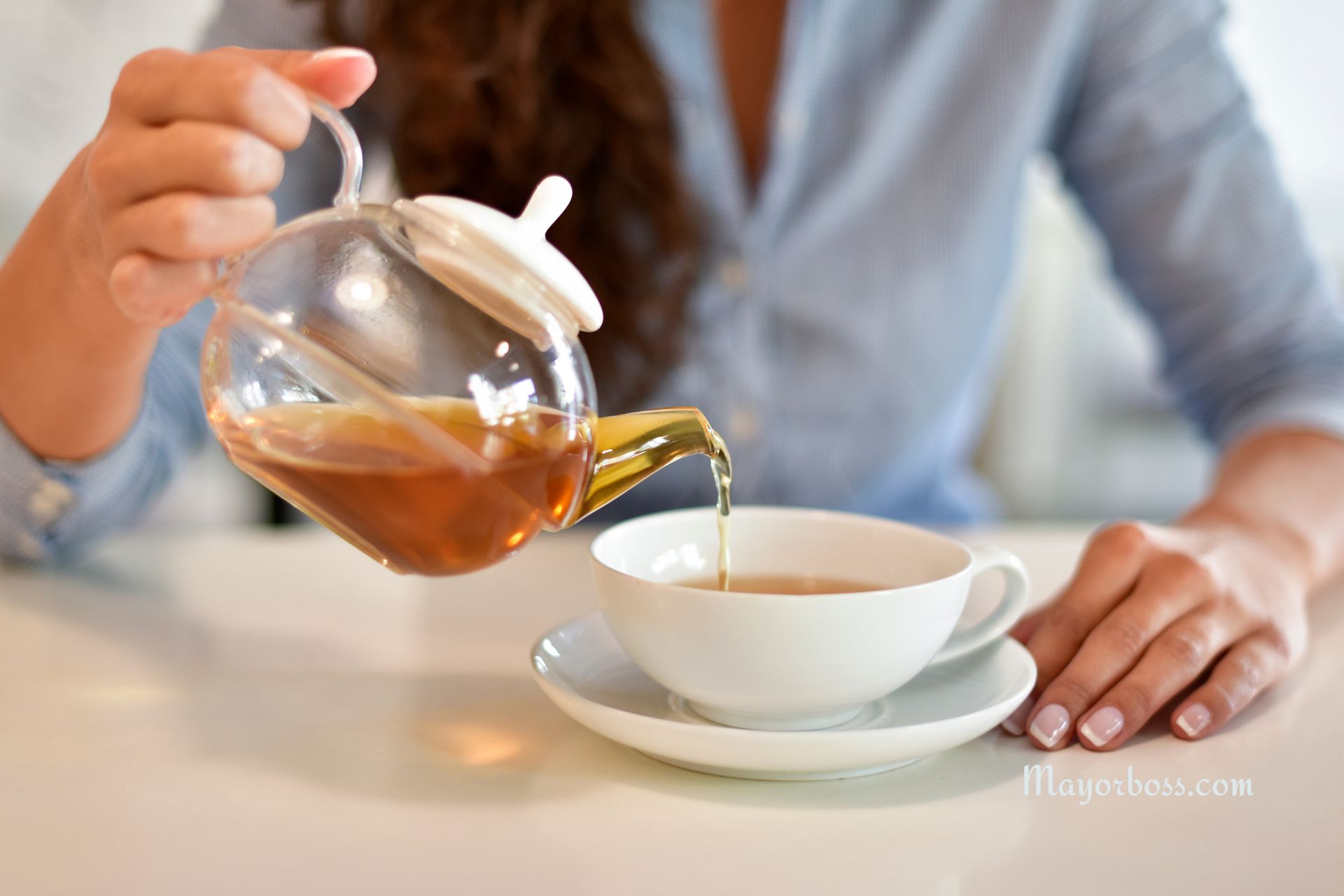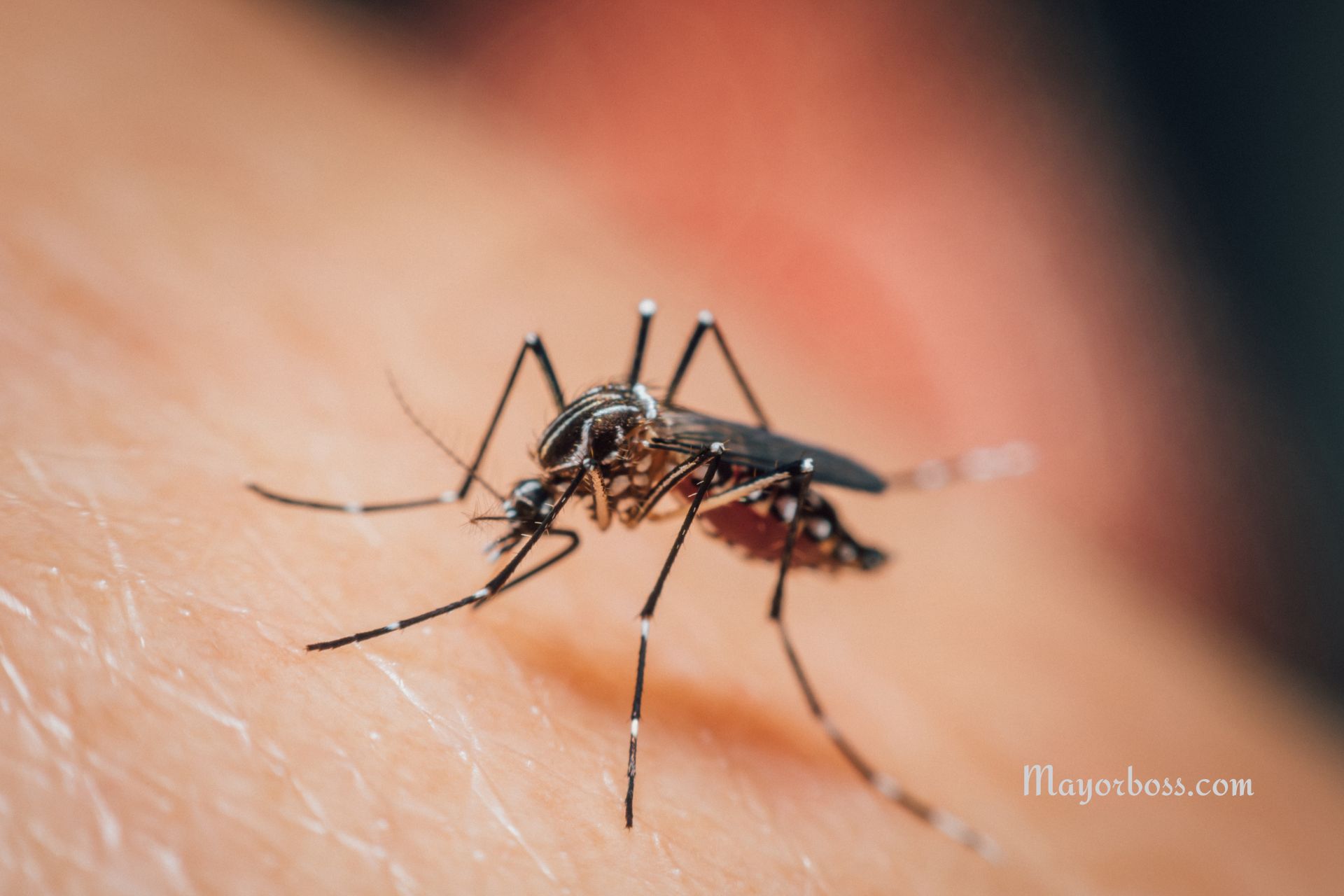6 Beverages That Can Naturally Lower Your High Cholesterol
High cholesterol is a health concern many people face, often silently, until it leads to more severe conditions like heart disease. The good news is that you can take efforts to manage your cholesterol levels naturally, and one of those measures includes being mindful of what you drink. Certain beverages have properties that can help reduce cholesterol levels, promoting better heart health. Here are six drinks that might be your new best friends in lowering your cholesterol.

1. Green Tea Might Be the Antioxidant Powerhouse You Need
If you’re looking for a drink that’s as soothing as it is beneficial, green tea should be at the top of your list. Green tea is packed with catechins—those powerful antioxidants that have been shown to reduce LDL (the “bad” cholesterol) levels. But even more than that, it’s known to boost your overall heart health.
According to a review published in the American Journal of Clinical Nutrition, regularly drinking green tea can help lower your LDL cholesterol by preventing it from oxidizing—a process that can lead to artery-clogging plaque.
2. Oat Milk Is a Fiber-Rich Alternative to Dairy
You’ve probably heard a lot about oat milk lately, and it’s not just a trendy coffee shop order. Oat milk is naturally high in beta-glucans, a type of soluble fiber that has been shown to lower cholesterol levels. Basically, beta-glucans work by forming a gel-like substance in your gut that binds with cholesterol-rich bile acids and helps remove them from your body.
Research suggests that consuming just 3 grams of beta-glucans daily can lower your LDL cholesterol by up to 10%. So, whether you’re pouring it over your cereal or adding it to your morning smoothie, oat milk is not only delicious but can also contribute to better heart health.
3. Pomegranate Juice Might Just Be the Heart’s Best Friend
Pomegranate juice is another powerful drink that you might want to consider adding to your diet. It’s rich in antioxidants, particularly punicalagins, which have been shown to lower LDL cholesterol levels and reduce the risk of heart disease.
A study published in Pharmacological Research found that participants who drank pomegranate juice daily experienced a significant reduction in LDL cholesterol and a decrease in blood pressure. Pomegranate juice is also known for its anti-inflammatory properties, which can further protect your heart and arteries. However, keep in mind that it’s naturally sweet, so be sure to enjoy it in moderation.
4. Red Wine in Moderation Could Benefit Your Heart
Now, I’m not suggesting you start drinking wine like it’s water, but there is some evidence that red wine, when consumed in moderation, can be good for your cholesterol levels. The key here is “moderation”—which typically means one glass per day for women and up to two for men.
Red wine is rich in resveratrol, a compound found in the skin of grapes, which has been shown to increase levels of HDL (the “good” cholesterol) while also protecting your arteries from damage. The Mayo Clinic explains that the antioxidants in red wine can help reduce the formation of LDL cholesterol, thereby lowering your risk of heart disease. However, it’s important to balance the potential benefits with the risks associated with alcohol consumption, so always consult with your doctor before making any changes.
5. Soy Milk Offers a Plant-Based Protein Boost
Switching to soy milk could be a smart move if you’re trying to lower your cholesterol. Soy is a great source of protein that doesn’t come with the saturated fats found in animal products. There are well-documented evidence that suggests that incorporating soy protein into your diet can reduce your LDL cholesterol by 3% to 4%.
The American Heart Association notes that replacing dairy milk with soy milk can help lower cholesterol because soy contains compounds called isoflavones, which can have a positive effect on cholesterol levels. Plus, soy milk is versatile and can be used in everything from coffee to cooking, making it an easy addition to your daily routine.
6. Hibiscus Tea Might Be the Tart Yet Effective Solution
Hibiscus tea is not only a vibrant, refreshing drink but also a potential cholesterol-lowering option. This tea is made from the hibiscus flower and is rich in antioxidants, particularly anthocyanins, which have been shown to lower LDL cholesterol and improve overall heart health.
According to research published in The Journal of Nutrition, drinking hibiscus tea daily can reduce LDL cholesterol and triglycerides, which are both risk factors for heart disease. The tart flavor might take some getting used to, but it’s worth it for the potential heart health benefits. Plus, it’s caffeine-free, making it a great choice for an evening beverage.
Conclusion
Managing high cholesterol doesn’t have to mean drastic lifestyle changes. Sometimes, it’s the small, daily choices—like what you choose to drink—that can add up to significant health benefits. Whether you’re sipping on green tea, enjoying a glass of red wine, or trying out oat or soy milk, these beverages can be a tasty and effective part of your cholesterol-lowering strategy.
Of course, while these drinks can help, they’re not a cure-all. A balanced diet, regular exercise, and, if necessary, medication are crucial parts of managing your cholesterol levels. But as part of a broader strategy, these six beverages can support your journey to better heart health.






